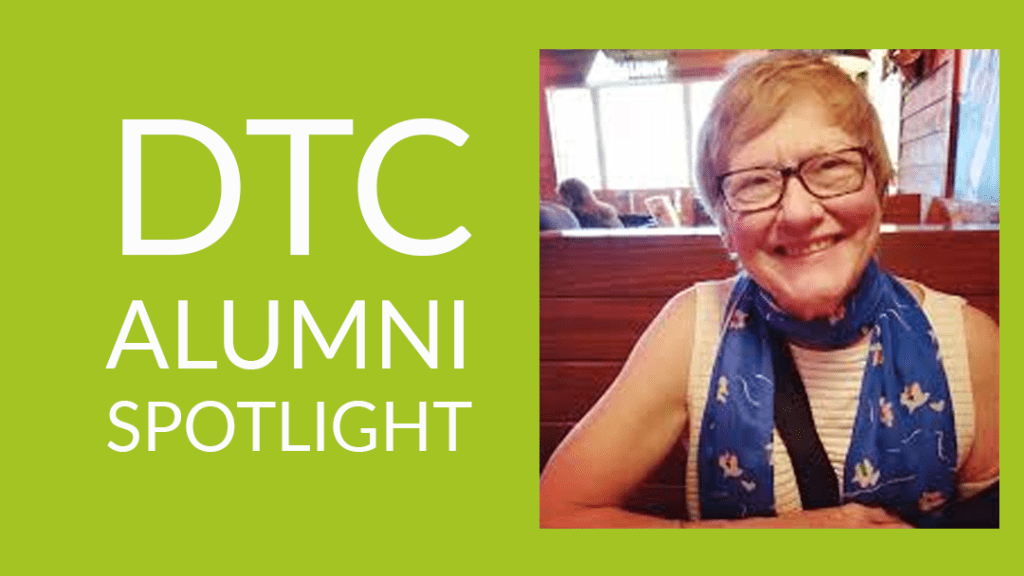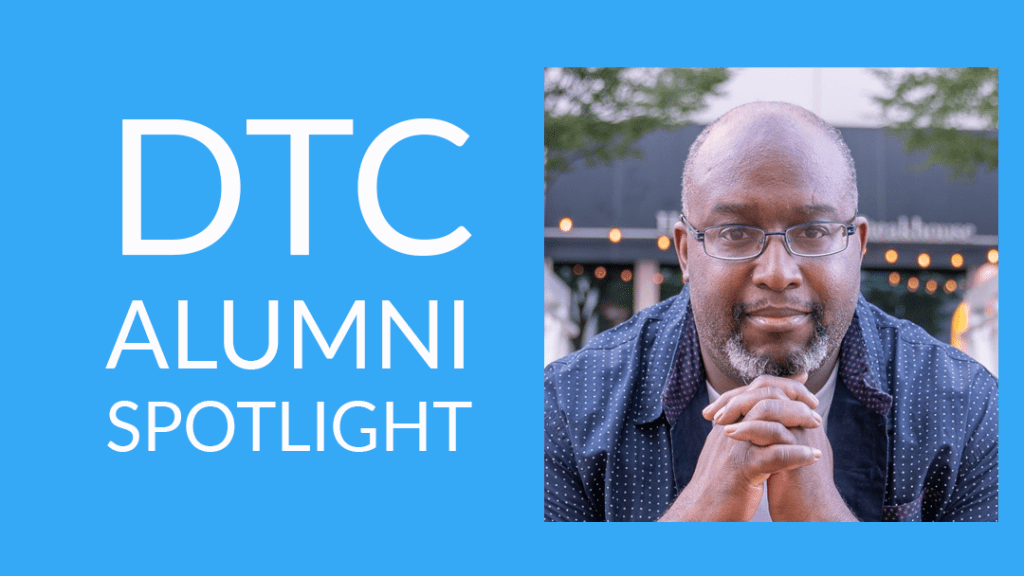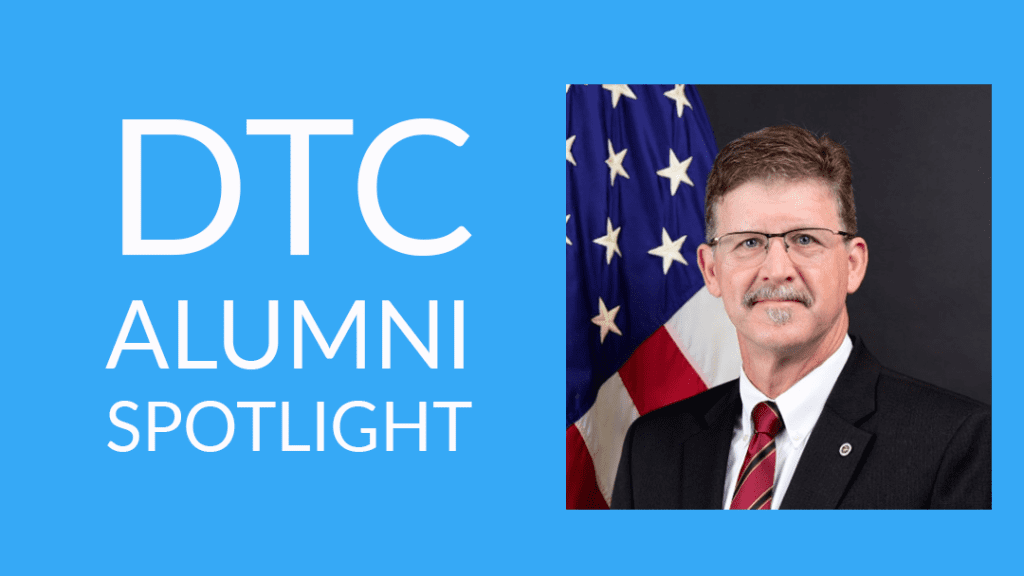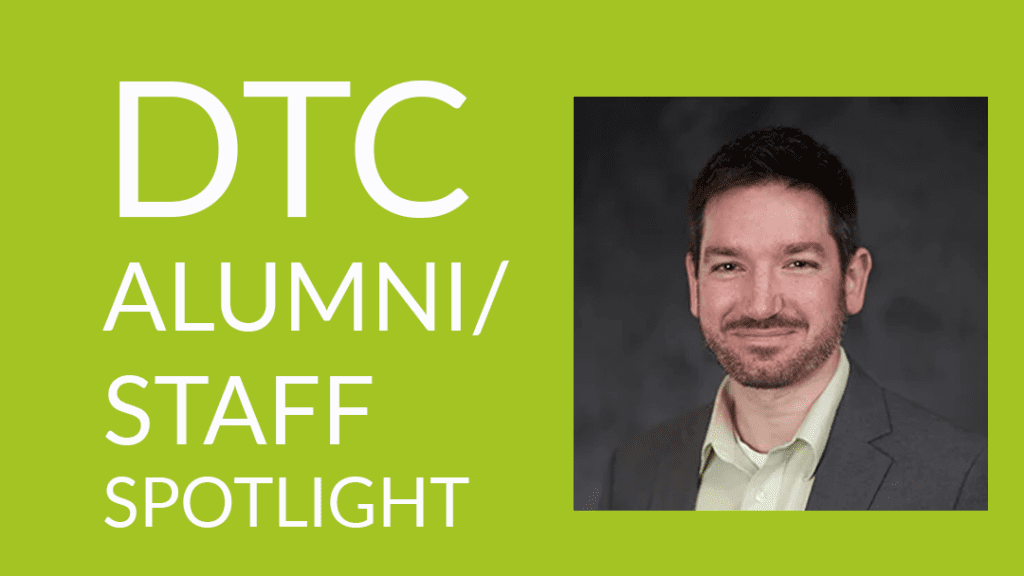Wemara Lichty, PhD, has lived with type 1 diabetes for more than fifty years. A PhD in neuroscience, she once led cognitive research at one of the country’s top universities. Despite all that expertise, no one had ever taught her how to adjust insulin around exercise. That changed at age 74, when she arrived at Diabetes Training Camp. She found clarity. She found community. This year, she hopes to come back.
Before the Breakthrough
Wemara has always valued learning. Her academic work focused on the brain, and her personal life required constant vigilance to manage her diabetes. Still, for all those years in research labs and support groups, she had never found a setting that connected science, self-care, and physical activity meaningfully.
Exercise had always been important to Wemara, but consistency was a challenge. She stayed active enough to feel better than most, biking when she could and walking when the weather cooperated. But she wanted more. Not a marathon, not an Ironman, just a stronger, steadier rhythm she could build into her life.
Wemara didn’t know where to begin.
Then came the internet search that led her to something she had never heard of: Diabetes Training Camp (DTC). She was curious, but also skeptical. It sounded like it was built for elite athletes, not someone who simply wanted to start walking more often.
“I really shouldn’t do this,” she remembers thinking. “These are all these hot-shot, you know, sports people, and I’m not a sports person. I just wanted to exercise more and get motivated to do it.”
Still, the idea stuck. And when Wemara finally signed up, it wasn’t because she felt confident—it was because she was ready for a reboot.
The Sign-Up She Nearly Cancelled
Just weeks before camp, Wemara suffered a biking accident that left her with a bad sprain that made it difficult to walk. She began physical therapy at home and started to question whether she could, or should, go through with her plans. It felt unrealistic. Even driving was a challenge.
She prepared to cancel her spot. Then she spoke with Dr. Matt.
“Dr. Matt said, ‘Come anyway,’” she recalls. “I thought I was out of my mind, but the day before I left for camp, I could finally walk half a block. That was all I had, but I went.”
She arrived unsure of what her body could handle. By the time she left camp, she was walking a mile.
That progress alone would have made the trip worthwhile. But what stayed with Wemara even more deeply was how she felt being there. Surrounded by people who understood. Supported when her blood sugar dropped. Seen, not managed.
“It was like being in heaven,” Wemara says. “I didn’t feel like I had to apologize for sitting and waiting. People were patient. They understood.”
She had worried about being the odd one out. Instead, she met people just like her. Some were newer to diabetes, some decades in, all there for the same reason. To feel better. To live better. To start again.
Finding Her Pace
At camp, Wemara saw what she had hoped for but hadn’t dared to expect: people of all ages and abilities moving toward better health, each in their own way. Some were triathletes. Others, like her, were simply looking for a push in the right direction.
She remembers overhearing that five of her fellow campers had completed an Ironman. “I didn’t even know what an Ironman was,” she says, laughing. But it didn’t matter. She never felt out of place.
Pull quote: “There were people like me. I was the oldest and had diabetes the longest, but there were regular people just hoping to get a charge. It was totally diverse in terms of ability.”
While Wemara came hoping to move more, she left with something more profound: knowledge that could prevent the lows that had once scared her away from exercise. For decades, she hadn’t known that she could or should adjust her insulin before physical activity. The lack of that knowledge had consequences—she suspects it even contributed to the biking accident that nearly kept her from camp.
Looking back, she sees camp as a turning point. It wasn’t just about restarting her routine. It was about building a new foundation where she no longer had to choose between safety and movement.
Lessons That Stuck
Wemara returned home with a new mindset. For the first time, she began adjusting insulin before activity rather than reacting to lows after the fact. It took practice. Some days she still forgot, but when she got it right, the difference was immediate. She could move without interruption. She could walk without the fear of a sudden crash.
“I had no idea you needed to make these pre-adjustments,” she says. “Nobody had ever told me. Not my endocrinologist, not my neurologist, not my cardiologist. If I had known, I might not have had that bike accident.”
The education stuck with her. So did the environment that made learning possible. At camp, there was no need to apologize for a low. There was no pressure to push through or explain. People simply understood. That shift in tone allowed her to move at her own pace and trust that progress would follow.
She also made two practical changes. First, she switched pumps after conversations with other campers. Second, she became more patient during lows. “Before, I didn’t understand what was happening in my body,” she says. “I’d treat a low, the alarm would keep going off, and I’d treat it again. Now I wait. I know what’s coming.”
Coming Back
Wemara never expected to return to Diabetes Training Camp. She first attended in 2019 and thought it might be a one-time experience. But camp became a turning point. Then, in 2023, life threw her another curve. A sudden health issue left her struggling to walk some days, with physical therapy sessions that often consisted of massage rather than movement. The routine she had worked so hard to build slowly slipped away.
Now, nearly 79, she’s excited to come back to the Atlantic City camp she remembers so well. She’s drawn again to the ocean, the hall meetings, and the quiet moments of connection over dinner. She’s returning for the knowledge that keeps evolving, and for the people who understand what it means to live with diabetes every day.
“There’s always something new to learn,” Wemara says, “and it’s good to be reminded that you’re not alone.”








